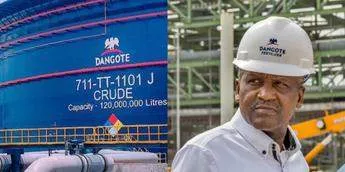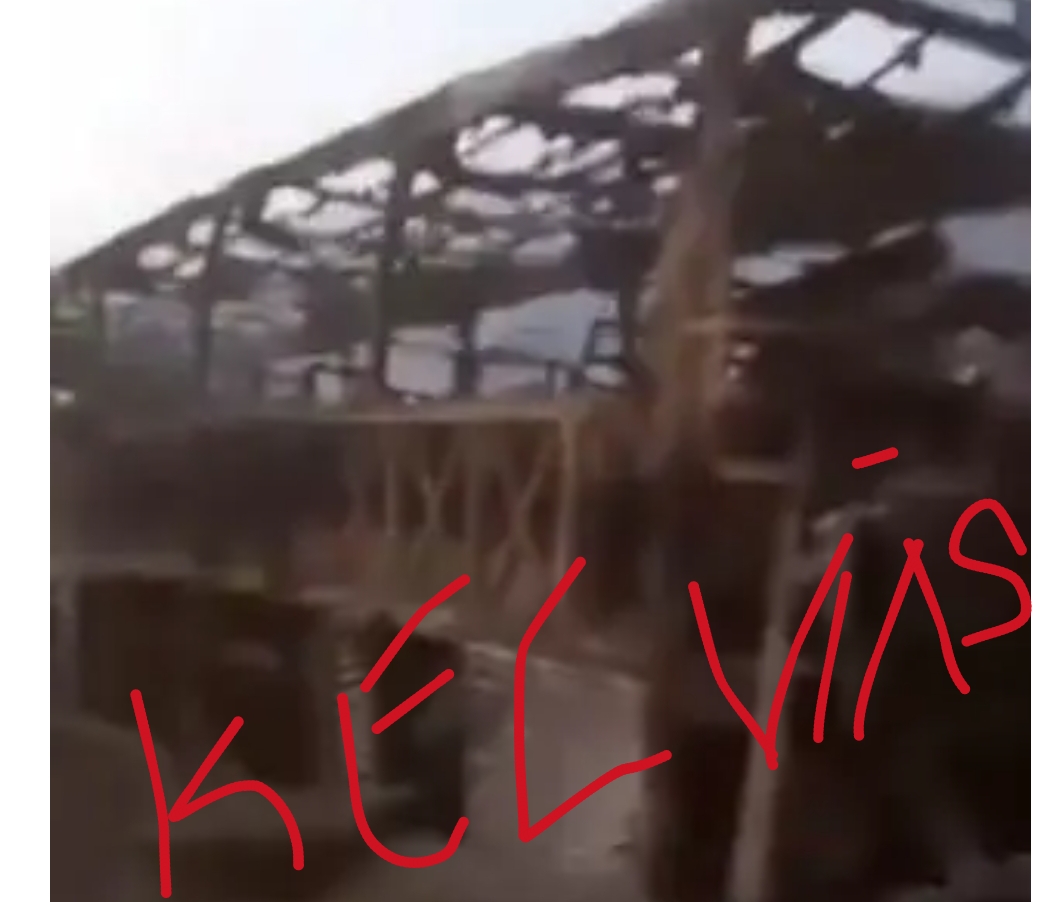Dangote ranks as 6th richest manufacturing billionaire in the world

Africa’s richest man, Aliko Dangote, has ranked 6th on the list of the richest manufacturing billionaires in the world.
Dangote describes manufacturing as one of the potent ways of lifting people out of poverty through the creation of gainful employment.
With a net worth of $14.3 billion, Dangote is the founder of Dangote Cement, the largest cement producer in sub-Saharan Africa, in which he holds an 85 per cent stake, according to Insidermonkey.com. He also founded Dangote Fertilizer and Refinery, the world’s largest single-train refinery.
In a similar report by CEOWorld magazine last year, Dangote held the 9th position on the list of the top 10 wealthiest manufacturing billionaires globally.
With a net worth of $10.5 billion at that time, he was the only African on the list, which was dominated by billionaires from Asia and Europe.
Africa’s richest man still stands as the only African among the top 25 billionaires worldwide.
The richest man in the manufacturing industry is Reinhold Wuerth, boasting a net worth of $35.3 billion. The second richest man in the manufacturing sector is He Xiangjian, with a net worth of $26.1 billion. Michael Hartono holds the third position, with a net worth of $23.1 billion.
In an interview, Dangote describes manufacturing as one of the potent ways of lifting people out of poverty through the creation of gainful employment.
“It is evident that manufacturing is pivotal to industrialisation. No country in the world has ever industrialised or attained ‘developed nation status’ without having a thriving manufacturing sector,” Dangote said.
According to the billionaire, countries smaller than Nigeria, such as Singapore and South Korea, had an average per capita GDP of 65,233 dollars and 31,846 dollars, respectively, due to their level of industrialisation.





